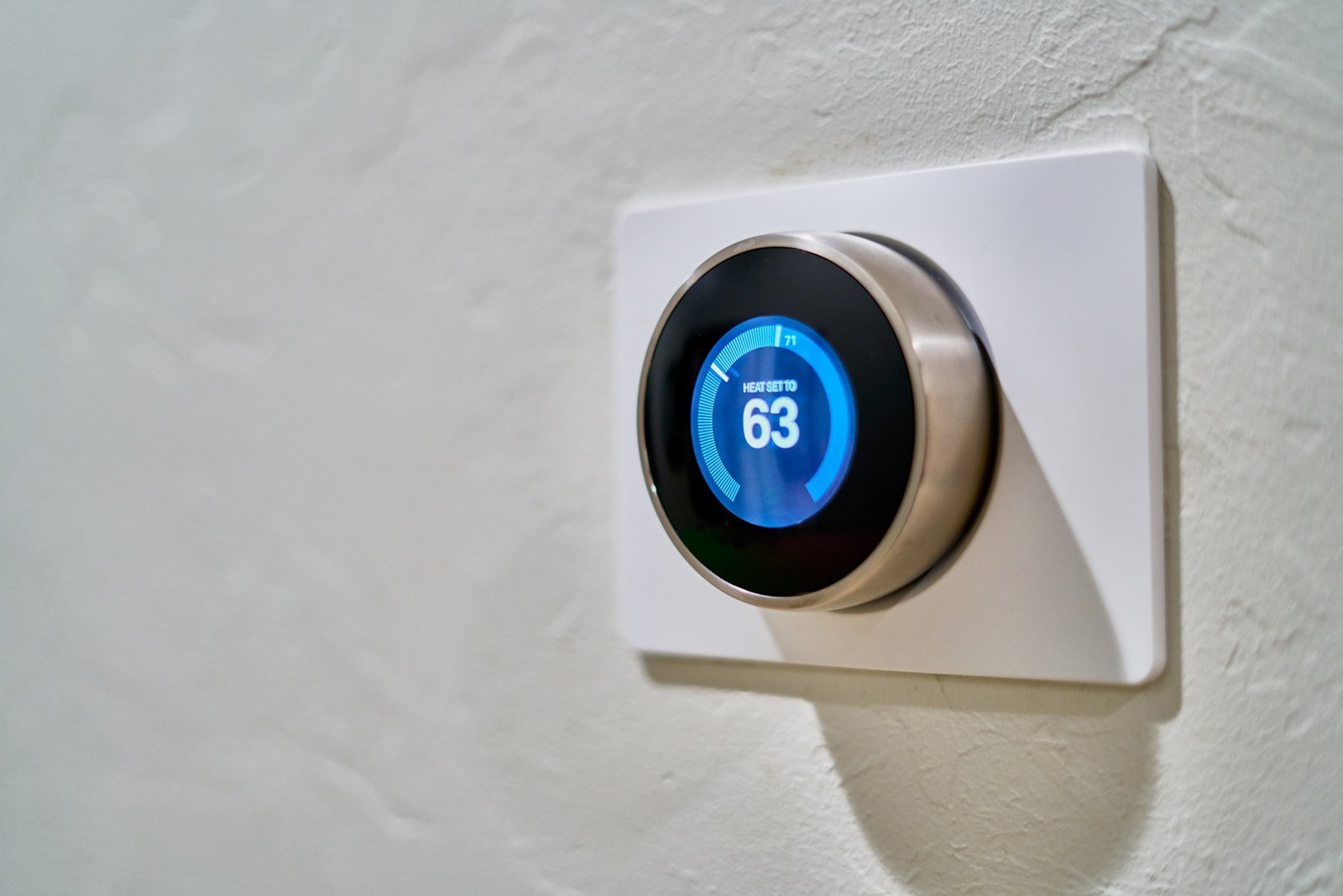Familiarizing HVAC System: 5 Crucial Questions for Homeowners
Heating, Ventilation, and Air Conditioning (HVAC) systems are critical for a comfortable and energy-efficient home. As a homeowner, understanding how your HVAC system works and how to maintain it can save you energy bills and extend the system’s life.
In this blog, we will explore crucial questions every homeowner should ask to familiarize themselves with their HVAC system.
1. What Are the Main Components of an HVAC System?
An HVAC system comprises several key components that work together to provide optimal temperature and humidity control in your home. These include:
- Furnace: The furnace is the central heating unit that generates warm air throughout the home. Natural gas, propane, oil, or electricity can power it.
- Air Conditioner: The air conditioning unit cools the air and removes humidity during warm weather. It is typically located outside the home and connected to the furnace through a series of ducts.
- Ductwork: The ducts are a system of metal or flexible tubes that transport the heated or cooled air from the furnace and air conditioner to various rooms throughout the home.
- Thermostat: The thermostat is a control device that allows you to set the desired temperature for your home. It communicates with the HVAC system to regulate the heating and cooling process.
- Air Filter: The air filter is a necessary component that traps dust, pollen, and other airborne particles before they enter the HVAC system. Regularly changing the filter helps maintain good air quality and prevents damage to the system.
2. How Does the HVAC System Work?
The HVAC system operates in a continuous cycle of heating or cooling the air within your home to maintain a comfortable temperature. When you adjust the thermostat, the system responds by activating the furnace or air conditioner, depending on the desired temperature.
In the heating mode, the furnace heats the air, which is then pushed through the ductwork by a blower fan. This warm air is distributed through vents in each room, while cooler air is drawn back into the HVAC system through return ducts to be reheated.
The air conditioner removes heat and humidity using a refrigerant during the cooling process. The cooled air is circulated through the home via the ductwork, while warm air is expelled outside.
3. How Often Should I Replace the Air Filter?
One of the most straightforward ways to maintain your HVAC system is by regularly replacing the air filter. A dirty filter can bring poor air quality, increased strain on the system, and higher energy bills.
Most experts propose changing your air filter every 30 to 90 days, depending on factors such as the type of filter, the presence of pets or allergies, and the level of dust or pollen in your area. If you need clarification on the appropriate frequency, consult your system’s manufacturer guidelines or ask an HVAC professional for the air conditioner repairs required.
4. What Is the Proper Maintenance for an HVAC System?
Routine maintenance is crucial to keep your HVAC system operating efficiently and to extend its lifespan. In addition to constantly changing the air filter, some everyday maintenance tasks include:
- Inspecting and Cleaning the Outdoor Unit: Remove debris and leaves from the exterior team and ensure that plants or other objects don’t obstruct it.
- Checking the Refrigerant Level: Low refrigerant levels can impact the efficiency of your air conditioner and cause damage to the compressor. If you suspect a leak or low refrigerant, contact an HVAC professional.
- Inspecting and Cleaning the Ductwork: Over time, dust and debris can accumulate in the ducts, reducing air quality and airflow. Periodic cleaning by a professional can help maintain the efficiency of the system.
- Scheduling an Annual Tune-up: Having a professional service your HVAC system at least once a year can identify potential issues and ensure it runs efficiently.
- How Can I Increase the Efficiency of My HVAC System?
There are several ways to improve the efficiency of your HVAC system:
- Regular Maintenance: Schedule regular tune-ups and maintenance checks by a professional to keep your system running efficiently and prevent potential issues.
- Change Air Filters: Replace air filters regularly, about every 1-3 months, depending on usage and the type of filter. Dirty filters restrict airflow and force the system to work harder, reducing efficiency.
- Seal Ducts and Vents: Check for leaks in your ducts and vents, and seal any gaps using appropriate materials like mastic sealant or metal tape. This helps prevent air loss and improves efficiency.
Conclusion
Maintaining an energy-efficient home helps you save money on utility bills, reduces your carbon footprint, and benefits the environment. Simple actions like sealing air leaks, adding insulation, upgrading appliances, and adjusting your thermostat can significantly impact energy usage. By implementing these energy-saving tips, you can create a more comfortable and sustainable living space for you and your family.
Lennox Dealers Toronto is a reputable and reliable company specializing in installing, servicing, and maintenance of Lennox® furnaces and air conditioners, as well as all major brands in the industry. As a proud Canadian-owned and operated business, we are committed to providing exceptional services to clients in the Durham region, GTA, and surrounding areas. To benefit from our top-notch Lennox air conditioner repairs in Toronto, don’t hesitate to contact us for all your furnace and air conditioner needs.


